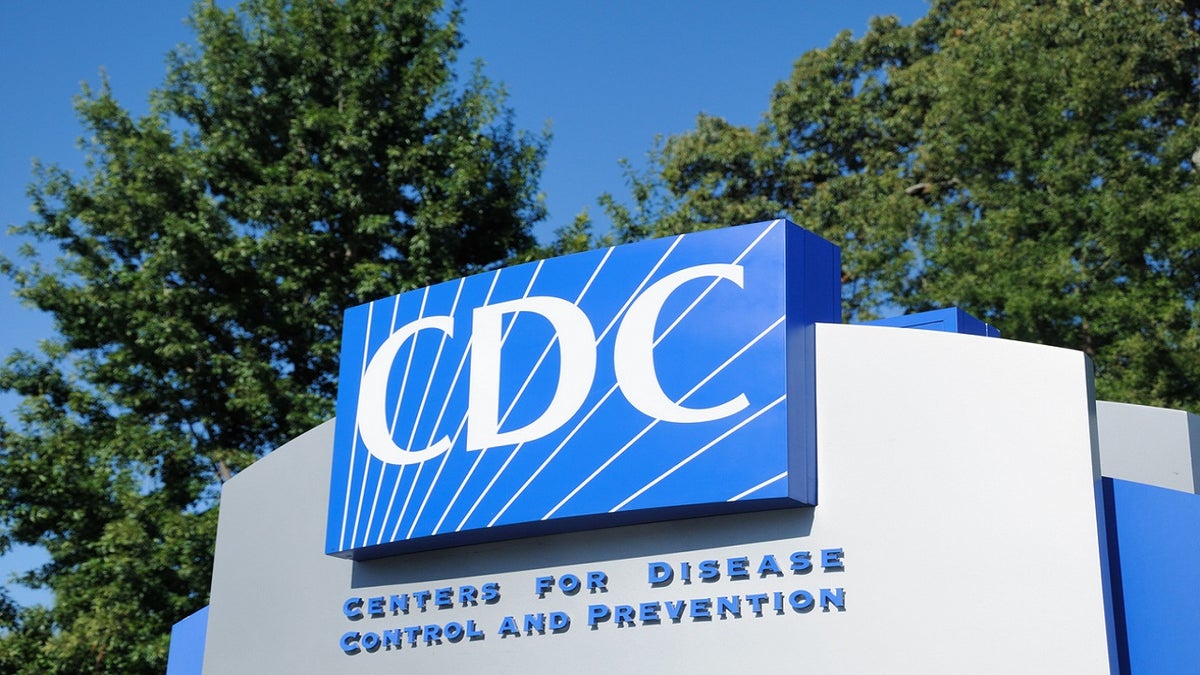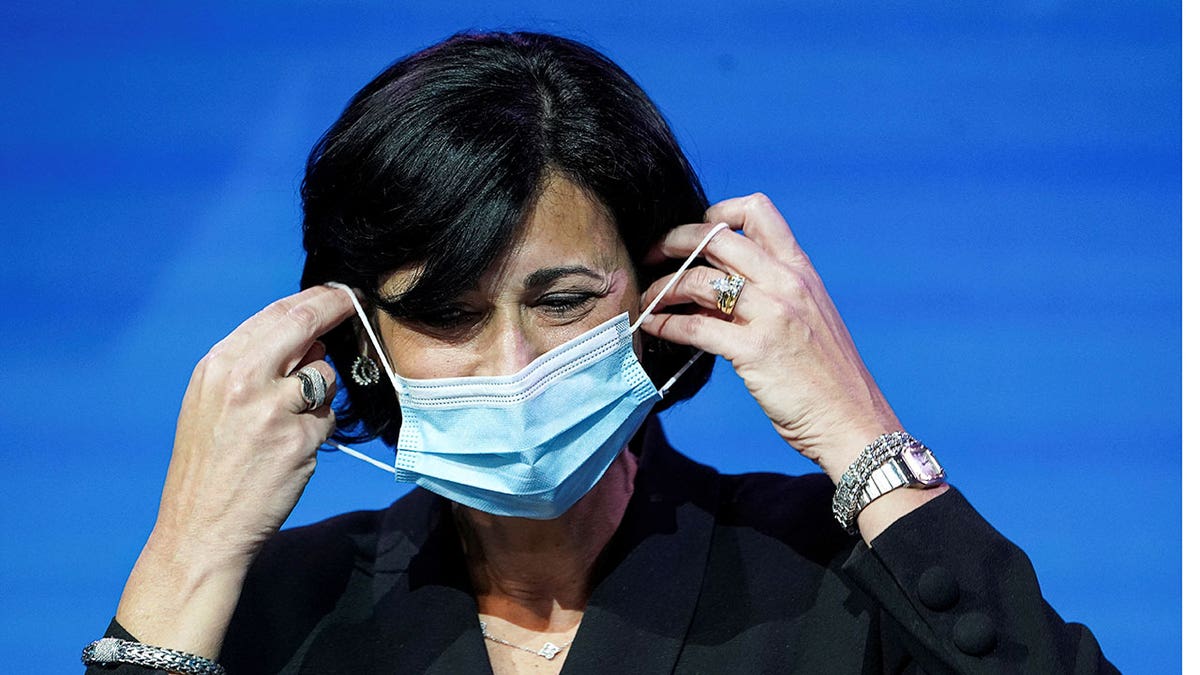Media top headlines December 29
In media news today, viewers demand an apology from MSNBC, Rachel Maddow for previous COVID vaccine comments, CNN allows Washington Post’s Glenn Kessler to brag about a fact check despite it being widely mocked, and New York Times reporter Taylor Lorenz appears to call America a ‘trash country.’
NBC's Peter Alexander grilled Centers for Disease Control (CDC) director Rochelle Walensky Wednesday about her agency's fluctuating guidance on COVID-19.
Tuesday marked the latest of several walk-backs by the CDC since the start of the coronavirus pandemic, admitting its initial estimates about the prevalence of the omicron variant were highly off. It was originally reported that omicron made up 73.2% of new cases in the U.S. in the week that ended Dec. 18. New numbers show a much less drastic reality – the new variant was only responsible for 22.5% of new cases, as the United States set a single-day record for new cases on Monday with 441,278 confirmed infections.

Dr. Rochelle Walensky, director of the Centers for Disease Control, testifies before the Senate Health, Education, Labor, and Pensions Committee about the response to the ongoing COVID-19 pandemic in the Dirksen Senate Office Building on Capitol Hill on Thursday, Nov. 4, 2021, in Washington, D.C. (Kent Nishimura / Los Angeles Times via Getty Images)
CDC SHORTENS ISOLATION, QUARANTINE PERIOD FOR COVID-19 INFECTED PATIENTS
Given all the "mixed messaging," why should Americans "trust" her and her agency? Alexander asked Walensky on Wednesday's "Today" show,
Walensky echoed the sentiments of her colleagues in that they've simply adapted to the latest data on the virus.
"My job right now is to take all the science and the information that we have and to deliver guidance and recommendations to the American people that is adapted to the science at hand," she said. "This pandemic has given us a lot of new and updated science over the last two years, and it is my job to convey that science through those recommendations and that is exactly what we're doing."

Close-up of entrance sign for Centers for Disease Control and Prevention (iStock)
CDC TO RECOMMEND MASKS FOR SOME VACCINATED PEOPLE IN CERTAIN SITUATIONS
Before Tuesday's turnaround on omicron, the CDC cut the length of its recommended quarantine time for COVID patients from 10 days to five. Those who are infected are now instructed to isolate for just five days, followed by five days of wearing a mask around other people.
That update came less than a week after the public health agency relaxed guidance for health care workers who test positive, cutting the isolation period from 10 days to as short as five days if there are staffing shortages.
Walensky also told NBC the CDC's announcement was based on science and human behavior.
"We followed numerous areas of science in making this important decision," she said, saying they particularly researched how the virus "behaves." She added that individuals infected with omicron experience milder symptoms and may not be willing to isolate for a full 10 days.

Dr. Rochelle Walensky, now director of the U.S. Centers for Disease Control and Prevention (CDC), removes her mask to speak as President Biden announces nominees and appointees to serve on his health and coronavirus response teams during a news conference at his transition headquarters in Wilmington, Delaware, Dec. 8, 2020. (REUTERS/Kevin Lamarque)
CDC spokesperson Jasmine Reed said there was "a wide predictive interval posted in last week’s chart" on the new variant, and the agency's revision was due in part to the "speed at which Omicron was increasing."
"CDC’s models have a range, and … we’re still seeing steady increase in the proportion of Omicron," Reed told Fox News Digital. "In some regions in the country, Omicron accounts for [about] 90 percent or more of cases."
CLICK HERE TO GET THE FOX NEWS APP
The CDC was previously hit for confusing updated guidance on masks. Despite earlier guidance that only unvaccinated individuals should wear face coverings, in July the CDC changed course to say vaccinated individuals should resume wearing masks in certain situations.
Fox News' Paul Best, Brooke Singman and John Roberts contributed to this report.










































